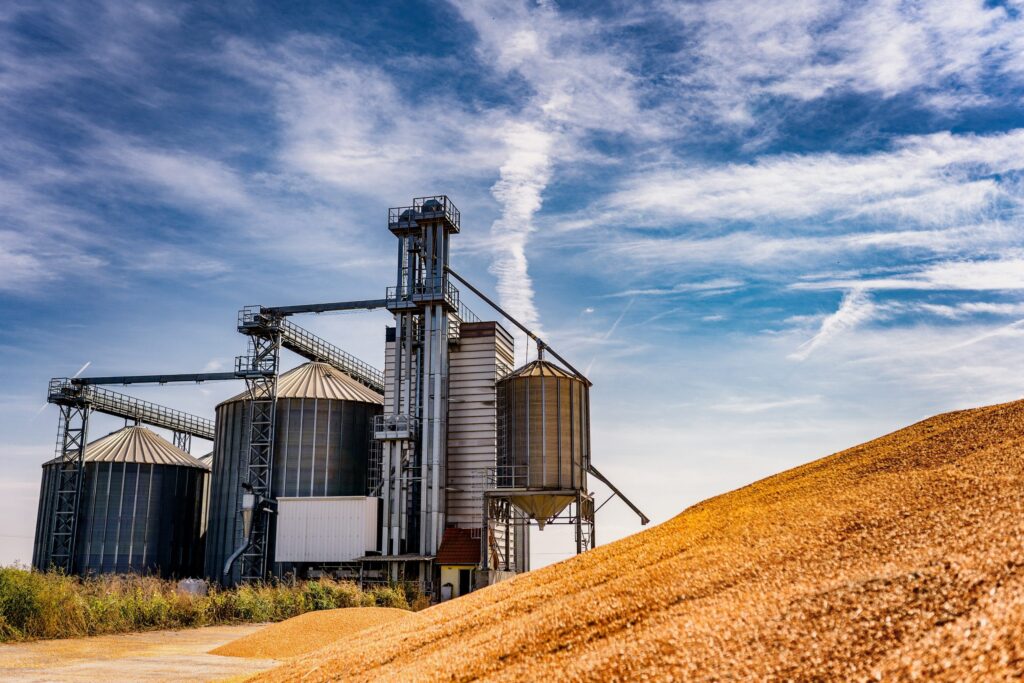
Grain storage bins play a vital role in the agricultural and food industries, providing a safe and efficient way to store grain. These silos offer many benefits, from maintaining grain quality to a stable food supply.
The benefits of grain storage bins.
Granaries create ideal conditions for grain quality preservation. They protect the grain from external factors such as pests, rodents, humidity, and extreme weather conditions. By minimizing exposure to these elements, bins help prevent spoilage, mold growth, and insect infestation, thereby maintaining the quality and nutritional value of the bins.
Grain storage bins are designed to provide long term storage. They offer a controlled environment with adequate ventilation, temperature regulation, and humidity control. It allows farmers and food processors to store grain for long without compromising its quality. As a result, they can take advantage of favorable market conditions and maximize their profits.
Grain storage bins are available in various sizes and configurations, allowing farmers to optimize available space. These containers can be designed to suit the specific needs of an enterprise, whether it is a small farm or a large commercial facility. By making efficient use of the available space, farmers can store a significant amount of grain in a compact footprint, reducing the need for additional storage space.
grain storage bins give farmers and grain producers more control over when grain is sold. By storing grain in containers, they can wait for favorable market conditions and higher prices before selling their products. The strategy helps them mitigate the impact of price fluctuations and maximize their profits.

Grain storage containers provide flexibility in managing logistics and transportation. Instead of transporting grain immediately after harvest, farmers can store it in containers, allowing them to better coordinate with transport services. The flexibility enables farmers to optimize transport costs, plan deliveries more efficiently, and reduce the burden on transport infrastructure during peak seasons.
Grain storage silos ensure food safety by providing a stable and uninterrupted food supply. By storing grain for long periods, farmers and food processors can maintain a steady supply even during periods of low yields or unexpected disruptions in the food chain. It helps prevent food shortages, stabilize prices, and ensure food availability for local communities and global markets.
Grain storage bins significantly reduce post-harvest losses caused by improper storage conditions. Improper storage can lead to significant grain spoilage, affecting the farmer’s income and ability to produce food. Farmers can minimize post-harvest losses and increase overall productivity by investing in granaries.
Grain storage bins allow farmers to take advantage of strategic grain marketing. It enables them to negotiate better contracts, negotiate favorable terms, and participate in additional opportunities such as processing and exporting grain.
Summary
Grain storage bins benefit farmers, grain producers, and the food industry. By investing in granaries, stakeholders can improve their operations, reduce risks and contribute to the overall sustainability of the agricultural sector.








